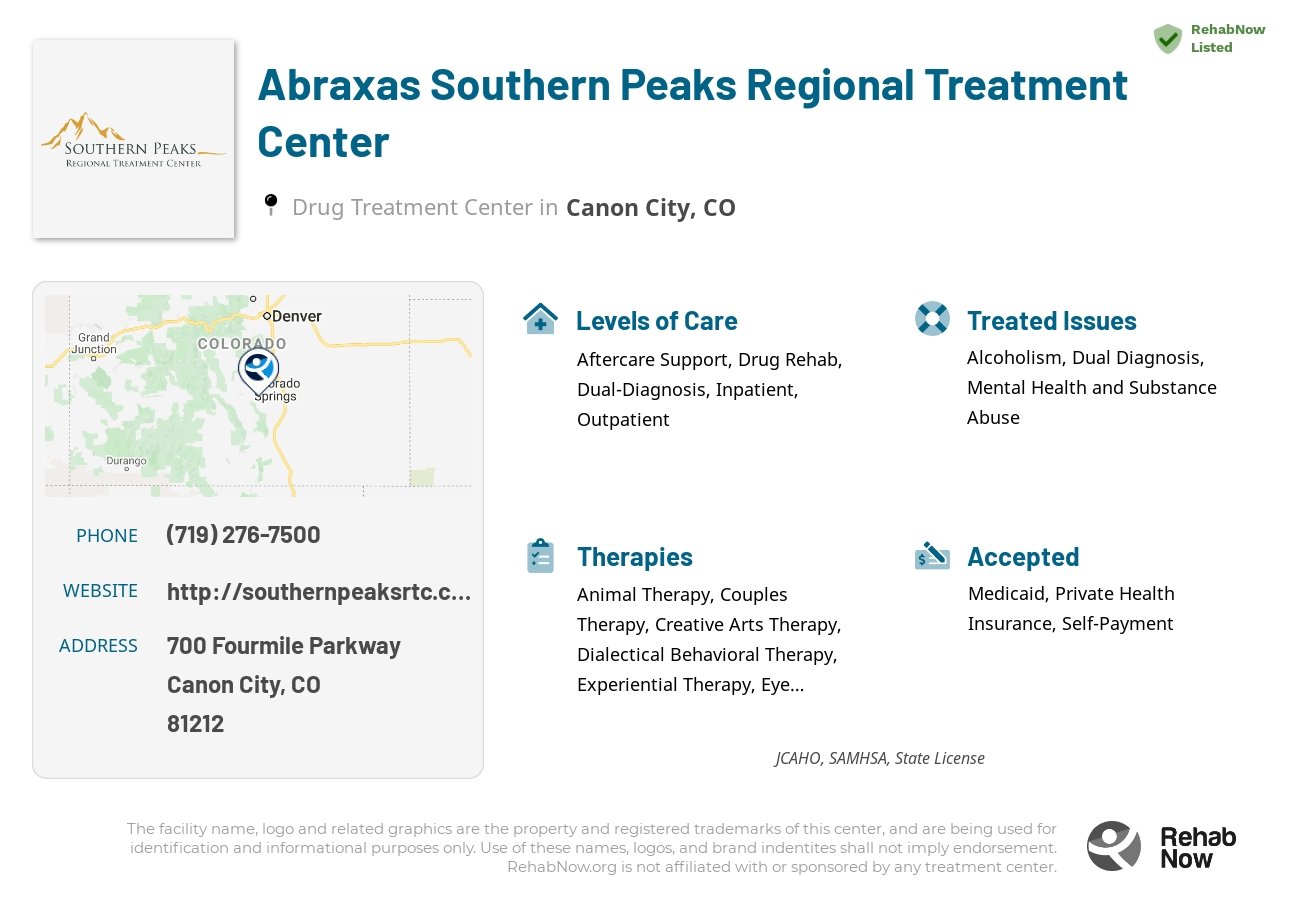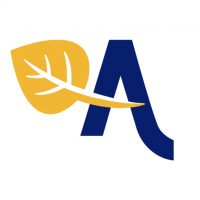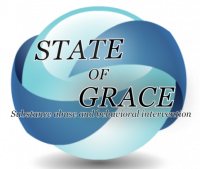Abraxas Southern Peaks Regional Treatment Center
Drug Rehab Center in Canon City, Colorado
Abraxas Southern Peaks Regional Treatment Center in Canon City, Colorado, is a highly regarded addiction treatment facility that specializes in treating alcohol and drug abuse, dual diagnosis, opioid addiction, and substance abuse, offering comprehensive inpatient and outpatient rehab services, detox levels of care, and aftercare support options.
Multiple patients have reported Abraxas Southern Peaks Regional Treatment Center as permanently closed.
Research other rehabs in Canon City, Colorado, or get help finding an open facility.
About Abraxas Southern Peaks Regional Treatment Center in Colorado
Abraxas Southern Peaks Regional Treatment Center, nestled in Canon City, Colorado, is a beacon for adolescents aged 10 to 18 grappling with substance abuse and behavioral health issues. This residential facility uniquely combines clinical assessments and research-based programming with a focus on individual and group counseling. It stands out through its specialized programs like the Haven Program for human trafficked victims and the culturally enriched Medicine Bear Program.
- Specialized Programs for Youth: Offers distinct programs for young men and women, focusing on fostering positive relationships, self-esteem, and behavior modification.
- Haven and Medicine Bear Programs: Provides targeted support through the Haven Program for victims of human trafficking and the Medicine Bear Program, emphasizing cultural appreciation and spiritual growth.
- Research-based Behavioral Interventions: Utilizes transtheoretical models and evidence-based therapeutic interventions to support recovery and personal transformation.
Holding accreditations from the Joint Commission on Accreditation of Healthcare Organizations (JCAHO), the Substance Abuse and Mental Health Services Administration (SAMHSA), and a state license, Abraxas Southern Peaks ensures a high standard of care for its residents. Their comprehensive approach includes individualized treatment planning and diverse offerings to meet the unique needs of each adolescent.
The center treats a range of addictions and issues, employing methods like individual and group counseling, educational seminars, and relapse prevention. Levels of care extend from residential treatment to outpatient services, ensuring a continuum of care for lasting recovery.
Genders
Ages
Modality
Additional
Accreditations
State License
SAMHSA

JCAHO
Conditions and Issues Treated
Recovery is not simply about stopping drug use. Recovery is working with addiction while recovering mental health issues that are fueling the addiction in the first place.
Levels of Care Offered
This center offers a variety of custom treatment tailored to individual recovery. Currently available are Aftercare Support, Drug Rehab, Dual-Diagnosis, Inpatient, Outpatient, with additional therapies available as listed below.
Individuals who are suffering from severe addiction or have a high risk for dangerous health concerns are often recommended to receive inpatient treatment.
Choosing to enter an inpatient treatment program is beneficial for people who are suffering from severe addiction, or who have a high risk for dangerous health concerns.
Inpatient treatment is beneficial for:
- People who have a history of severe withdrawal.
- People who have attempted to overcome addiction on their own without success.
- People who have a history of relapse, or have recently relapsed.
- People at risk for drug overdose or withdrawal-related complications.
- People with medical conditions that are worsened by drug or alcohol use.
Outpatient treatment is considered the lower intensity level of addiction treatment. It’s ideal for early phase addiction or lower intensity addictions. It may include weekly sessions instead of daily. It may include weekly sessions instead of daily. Peer group support, 12-step programs, and individual counseling may still be involved but at a lesser frequency than an intensive outpatient program. It is a good choice for someone who doesn’t need to go through a medically supervised detox and who has a supportive home environment. It requires motivation and dedication to commit to the program without constant monitoring.
Aftercare support should take place after outpatient treatment has ended. There are a few different types of aftercare support that patients can seek. These include 12 Step, Self-help groups (AA, NA), Therapeutic communities, Long-term, structured sober living arrangements, and Halfway houses (residential treatment centers).
Therapies & Programs
Individual therapy involves one-on-one sessions between the patient and therapist. It provides patients with a safe environment to openly discuss personal and sensitive issues with the therapist. They find the therapist as someone they can trust. Individual therapy aims to identify the core issues that would have led the patient to substance abuse and address them effectively. The therapist can develop patient-specific customized solutions through individual therapy, which aids speedier recovery.
Couples therapy works with clients and significant others in a professional capacity to improve relationship dynamics. This can be helpful for addicts who are trying to marry the idea of recovery into their work, family, social lives – any aspect that has to do with relationships.
Through counseling sessions, addicts will have an opportunity to talk about their addiction with professional partners. These partners can offer feedback and advice on how to get sober while keeping healthy relationships intact. A good couples therapist will help addicts understand their part in an unhealthy relationship dynamic or find ways to deal with anger or resentment from significant others outside of the home.
Family therapy is a group problem-solving that aims to improve communication and relationships between the addict, their family, and sometimes friends. The main goal of family therapy for drug addiction is to create an environment where communication can occur without judgment, hostility, or blame. The therapist is with the family as they learn to communicate differently, especially with the addict when s/he is using. The family can learn to reduce their enabling behavior or rally together and support each other during tough times.
An addict’s family can play a vital part in helping them to avoid relapse because they can spot the warning signs and help them get back on track before it becomes too much of a problem. Family therapy is one of the most effective ways to help addicts stay on the path to long-term sobriety. When a drug addict decides that they want to try and get sober, it takes the support of every person they love to succeed. It can be incredibly difficult for loved ones to watch an addict go through the pain and suffering of withdrawal, but by being there with them and supporting them, they can help to make sure that the addiction never returns.
Groups typically involve meetings with other recovering addicts who can relate to one another’s experiences. They might meet in person or online and typically focus on the process of staying sober rather than overcoming a specific addiction.
In these groups managed by Abraxas Southern Peaks Regional Treatment Center, addicts can build a sense of community and develop strong emotional connections with others who understand what they are going through. These beneficial relationships can help addicts overcome their cravings and prevent relapse at any point during the recovery process.
In general, trauma therapy is a clinical process that helps individuals deal with mental stress often caused by traumatic events. The therapist helps the person identify, understand, and work through the problem. This is done with the help of talking about it in group or one-on-one counseling sessions. Therapists use relaxation, role-playing, art, and music to help the person open up about what is bothering them.
There are many different types of trauma therapists, such as psychiatric nurses and counselors. Not everyone is a good candidate for this type of therapy; it is generally reserved for people who have recently experienced a traumatic event and struggle to get over it. It is often done for children, teenage victims of sexual assault, and war veterans.
Dialectical Behavior Therapy (DBT) is a type of therapy created in the late 1980s and early 1990s to help people with high rates of suicidal behavior. DBT helps people learn how to live a life that is no longer controlled by overwhelming emotions and urges. It is beneficial in treating drug addiction because it helps patients understand and cope with their cravings for drugs or alcohol rather than turning to those substances as a way of coping.
There is hope for people who are addicted to drugs and alcohol. Cognitive Behavioral Therapy (CBT) is the solution. CBT focuses on the underlying thoughts and behaviors that caused the addiction problem in the first place and may cause a relapse. This type of psychotherapy addresses negative feelings common in substance abuse disorders. It helps to change them by restructuring thought patterns. It’s about removing negative thoughts and providing long-term benefits while promoting self-awareness, self-control, and healthy ways to respond to negative thoughts. These sessions can be done by themselves or as part of combination therapy.
REBT, or Rational Emotional Behavior Therapy, is a way of replacing negative thoughts with positive ones. It teaches people how to deal effectively with their unwanted habits and emotions. Some common problems people have are procrastination, unhealthy eating, and angry outbursts. Learning how to deal with these problems in a productive manner makes them less apt to come back.
Eye Movement Desensitization and Reprocessing (EMDR) is a treatment method that can help reduce the impact of traumatic memories on emotions. It does this by having patients follow a bar of light or watch their therapist’s finger move back and forth, which mimics the eye movements of REM sleep.
This allows the brain to reprocess the memories, reducing their impact. EMDR therapy is different from traditional therapies in that it addresses the root cause of substance abuse in many patients. This is done by combining EMDR therapy with behavioral therapies. This treatment option offered by Abraxas Southern Peaks Regional Treatment Center can help patients who turn to drugs to escape painful memories.
Since addiction is a chronic physical and mental illness, addicts need to learn as many life skills as possible. Many drug treatment centers offer life skills activities as part of their addiction recovery programs. Examples include cooking classes, employment training, resume writing seminars, parenting classes, and computer training. Life skills activities help addicts find employment, take care of their families, and give back to the community.
Patient Experience
Creative Arts
Creative Arts Therapy is a combination of several different types of art forms offered by Abraxas Southern Peaks Regional Treatment Center. Music, painting/drawing, writing, and drama are just some examples. It can help with mental illness and addiction.
CAT is a form of art therapy at Abraxas Southern Peaks Regional Treatment Center that uses creative activities such as music, painting, drama, and writing to help patients explore their feelings, develop social skills, and manage behavior. It is particularly effective with people who may not respond to other forms of therapy or lack the motivation to take part in more traditional forms of therapy. When combined with counseling, CATT can help people struggling with addiction or mental illness access their inner voices and discover their unique potential.
Experiential Therapy at Abraxas Southern Peaks Regional Treatment Center
Experiential Therapy teaches people how to think differently about their lives and change their emotions by changing their behavior. This type of treatment is accomplished with various activities that may involve acting, props, arts and crafts, animal care, or other tools that may be effective.
This therapy aims for patients to release suppressed thoughts that cause bad feelings and drug addiction. Role-playing, arts and crafts, music, animal care, rock climbing, etc., are some of the activities used in this therapy. Gradually an individual will feel calmer and more loving which will change their perception positively. In addition to treating drug addiction, experiential therapy is beneficial for different behavioral and eating disorders.
Payment Options Accepted
For specific insurance or payment methods please contact us.
Is your insurance accepted?
Ask an expert, call (888) 674-0062
Abraxas Associated Centers
Discover treatment facilities under the same provider.
- ABRAXAS Youth and Family Services - Southwood Interventions in Chicago, IL
- Abraxas Youth Center in South Mountain, PA
- Abraxas 1 in Marienville, PA
- Abraxas Naperville Bridge School in Woodridge, IL
- Abraxas Hector Garza Center in San Antonio, TX
Learn More About Abraxas Centers
Additional Details
Specifics, location, and helpful extra information.
Canon City, Colorado 81212 Phone Number(719) 276-7500 Meta DetailsUpdated April 15, 2024
Staff Verified
Abraxas Southern Peaks Regional Treatment Center Patient Reviews
There are no reviews yet. Be the first one to write one.
Canon City, Colorado Addiction Information
The Centennial State has slipped to a ranking of 12th in the country for drug abuse. Each year around 24% of the state's population uses illegal drugs while nearly 5% of its population abuses alcohol. Substance-related deaths in Colorado were responsible for 15.12% between 2008 and 2017. Fortunately, Colorado drug and alcohol addiction treatment are available to help a person overcome addiction.
In Canon City, Colorado, drug addiction is a serious issue. According to recent statistics, around 9,600 people in the city struggle with drug addiction. This accounts for about 8% of the population. Of those 9,600 people, about 2,200 are considered heavy drug users. This means that they use drugs at least several times per week. Drug treatment may include detoxification, individual and group counseling, 12-step programs, and other therapies.
Treatment in Nearby Cities
- Windsor, CO (140.4 mi.)
- Johnstown, CO (130.7 mi.)
- Buena Vista, CO (58.9 mi.)
- Wheat Ridge, CO (90.6 mi.)
- Rifle, CO (159.5 mi.)
Centers near Abraxas Southern Peaks Regional Treatment Center
The facility name, logo and brand are the property and registered trademarks of Abraxas Southern Peaks Regional Treatment Center, and are being used for identification and informational purposes only. Use of these names, logos and brands shall not imply endorsement. RehabNow.org is not affiliated with or sponsored by Abraxas Southern Peaks Regional Treatment Center.











